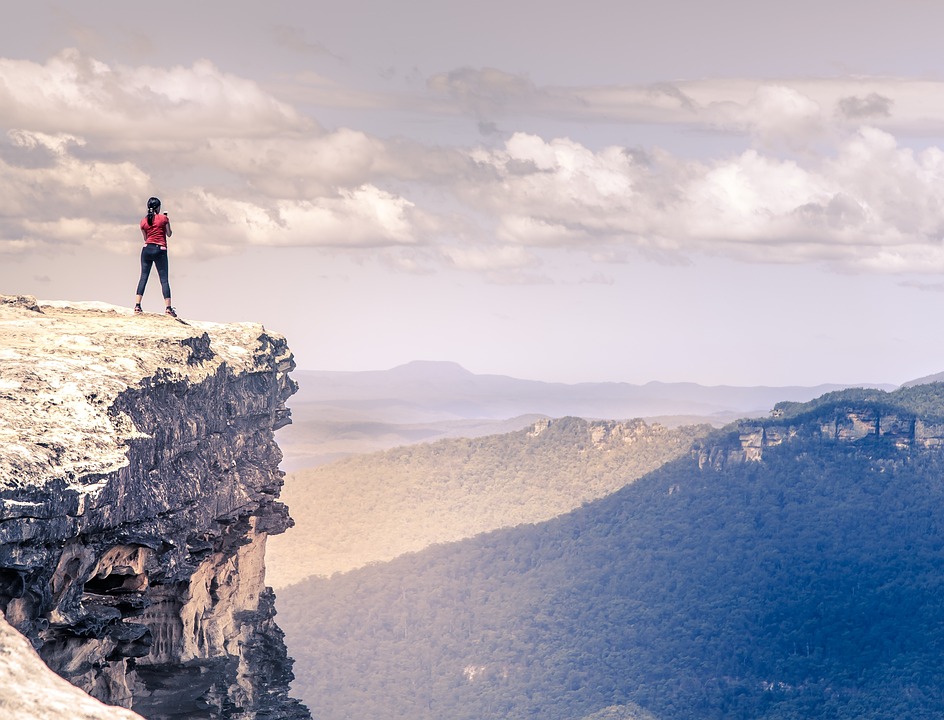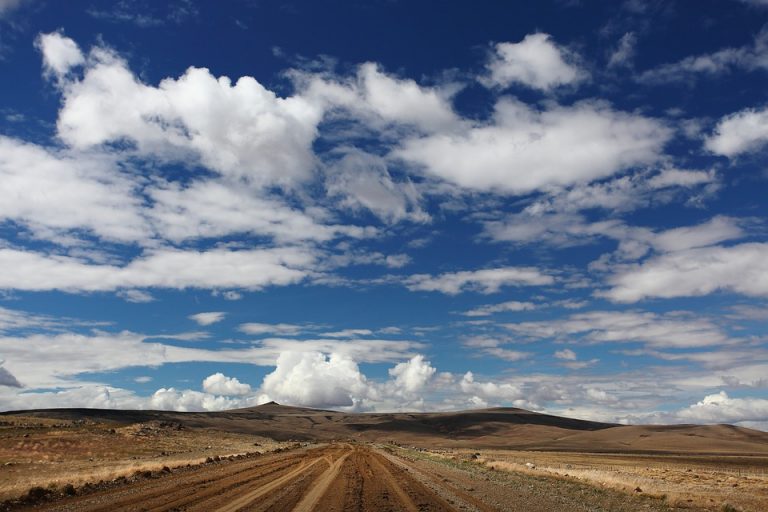Travel safety tips are your lifeline on the road — simple, practical actions that protect your body, your time, and your joy. These are not rules to scare you. They’re tools to keep you free, curious, and in control when you travel alone. You deserve trips that feed your soul, not trips that strain your nerves.
This article lays out seven clear, usable strategies. I write from real experience, from friends who’ve sprinted for taxis in Bangkok and from research that shows small choices cut risk. You’ll get actionable steps, quick checks, and the exact language to use when things feel off. Read it. Bookmark it. Practice it.
Contents
Travel Safety Tips Before You Go
Preparation separates the anxious from the confident traveler. One phone call or a quick research session can change the course of a trip.
Start with research. Read recent news about your destination, check official travel advisories, and scan local crime reports. The U.S. Department of State and the CDC maintain practical pages that flag outbreaks, protests, and regional warnings. Knowing what to avoid is half the battle.
Next: copies and backups. Scan your passport, visa pages, travel insurance, and any important medication prescriptions. Store encrypted copies in the cloud and leave another set with someone you trust. If you lose a wallet, you need a plan — not panic.
Pack with intent. Carry a slim money belt or an anti-theft crossbody. Choose clothing that lets you blend in. A wardrobe that screams “tourist” invites attention. I suggest one go-to outfit that’s comfortable, secure, and neutral. Your presence should feel natural, not flashy.
Finally, register with your embassy and buy travel insurance. Studies show that travelers who have insurance get better outcomes after emergencies. Insurance isn’t a luxury; it’s protection. Make a short list of emergency contacts — local emergency numbers, your insurance hotline, and your embassy.
Travel Safety Tips In Transit
Transit is where most things happen: missed connections, crowded stations, taxi scams. It’s also where small habits protect you massively.
Keep your bag on your front in crowded spaces. Pick pockets are professionals; they work in packs. When seated, loop your strap under your leg or use the seat between your knees. A bored thief is sometimes decisive. Don’t give them the satisfaction.
Use rideshares with verification. Always check the plate and driver photo against the app. If the car or driver feels wrong, cancel. Trust your instincts. If you’re flagged in a drivers’ app, call the company immediately. There are documented cases where quick action prevented escalation.
Limit alcohol in transit. It lowers your awareness and opens you to petty crime. A glass of wine at dinner is fine. A blur of drinks before a late-night ride is not.
When flying, keep essentials in a small daypack. Include a charged power bank, a backup credit card hidden separately, and a folded photocopy of your passport. These little moves save hours and tears when plans derail.
Travel Safety Tips At Your Accommodation
Hotels and rentals deserve a quick vetting. A comfortable bed won’t help if the locks are loose.
Choose places with solid reviews and a verified host or hotel. Read recent comments about safety and neighborhood noise. If reviews mention dodgy lighting, broken locks, or neighborhood incidents, move on. Online platforms can flag risky properties — use that data.
At check-in, test the deadbolt and the door chain. Keep the key or card close. Use a portable door alarm or a rubber doorstop in cheap locks. These small devices are light and effective.
Hide valuables cleverly. A random shoebox in a closet is better than a labeled safe that reads “Valuables.” Use the hotel safe when possible and keep the receipt with your records. If you need medical supplies, request discrete storage options from staff to protect privacy.
Talk to the front desk about local safety tips. Staff often know the safest routes and times to avoid certain areas. That local, human intelligence beats a map app sometimes.
Travel Safety Tips For Street Smarts
Your presence communicates a lot. Walk like you belong.
Keep your phone tucked away when navigating. Look up and scan the scene. Pretend you have business. Predators pick the distracted.
If someone approaches with a sob story, be polite but firm. Use short, direct phrases. Keep moving. If you feel trapped, shout a simple phrase like “Back off!” or “Call the police!” Loudness draws attention and deters opportunists.
Carry a small, legal self-defense tool if it makes you feel safer — a whistle, a personal alarm, or pepper spray where allowed. Studies on urban safety show audible alarms reduce the time attackers persist. Make sure you know the laws and practice using any device.
Travel in mixed company when you can. Join group tours for high-risk activities, dine where other travelers are present, and choose well-lit streets to walk after dark. Safety is social. Other people are your best early-warning system.
Trust Your Instincts: A Core Travel Safety Tips Rule
Your gut is fast. It’s backed by evolution and experience. If something feels wrong, it probably is.
Don’t worry about appearing rude. Your safety is not negotiable. Leave a shop, cross a street, call for help — do whatever feels necessary. You’ll rarely regret acting on clear unease.
Travel Safety Tips For Health And Emergencies
Being solo means you’re the first responder to yourself. Prepare like a pro.
Carry a compact first-aid kit with blister care, bandages, antiseptic, and common meds. Add any personal meds with a copy of the prescription written in the local language. Access to pharmacies varies widely; having basics saves time and stress.
Learn simple emergency phrases in the local language: “I need a doctor,” “Call an ambulance,” and the local number for police and fire. Language apps and phrasebooks make this easy. Research shows that clear, concise phrases increase help rates in emergencies.
Keep a list of medical facilities near where you’ll stay. Hospitals with international patient services are preferable. The World Health Organization and national health services provide directories of accredited hospitals. If you have a chronic condition, discuss travel plans with your physician before departure.
Travel Safety Tips For Money And Documents
Theft happens fast. Make it slow and ugly for thieves.
Spread your cash and cards. Keep a small amount accessible and hide the rest. Use a travel card that lets you freeze funds instantly. Many banks and fintech apps allow one-tap card blocks — learn that feature before you leave.
Beware of scams. Common ones include fake petitioners, staged distractions, and over-friendly locals who guide you to a surprise “exclusive” shop. If it sounds like a great deal with pressure, it’s a scam. Walk away.
When you need cash, choose bank ATMs inside branches. These are safer and often have cameras. If you must use a street ATM, cover the keypad and watch for skimming devices.
Digitize your documents and photos. Encrypt them. Share them securely with someone you trust. That single action smooths out embassy visits, replacements, and medical claims.
Travel Safety Tips For Digital Security
You’re always connected. That’s a convenience — and a vulnerability.
Avoid public Wi‑Fi for sensitive actions. Use a trusted VPN for banking or email. Research from cybersecurity firms shows unsecured networks are a top route for credential theft. A VPN is inexpensive and easy.
Use two-factor authentication for important accounts and carry a physical backup like a printed code list or a secure authenticator app. If your phone is compromised, you want alternative ways in. Password managers also safeguard complexity and reduce reuse.
Limit social sharing about real-time whereabouts. Announcing your exact hotel or that you’ll be trekking alone in a remote park invites risk. Share highlights after you move on.
Bottom Line
Bold preparedness beats anxious guessing. These seven strategies — research, secure transit, safe lodging, street smarts, health readiness, money protection, and digital hygiene — form a simple, layered shield for solo travelers. Use them together. Each one multiplies the protection of the others.
Traveling alone can be exhilarating and empowering. With the right habits, you keep the freedom and ditch the fear. Go. See. Return changed and smiling.
FAQ
What Are The Most Important Travel Safety Tips For First-Time Solo Travelers?
Start small: research your destination, share plans with someone at home, keep photocopies of documents, and choose accommodations with good reviews. Practice basic situational awareness and avoid risky areas at night.
How Do I Protect My Money While Traveling Alone?
Carry multiple payment forms in different places, use bank ATMs inside branches, freeze missing cards with your bank’s app, and consider a travel card or prepaid option for larger sums.
Are There Health Travel Safety Tips I Should Prioritize?
Yes — pack a basic first-aid kit, carry prescriptions and a doctor’s note, know local emergency numbers, and check vaccine or outbreak information from official health sites before you leave.
Can Digital Precautions Really Prevent Scams While Traveling?
Absolutely. Using a VPN, two-factor authentication, and cautious Wi‑Fi habits significantly reduce the risk of identity theft and fraud on the road.
— — —
References
The Centers for Disease Control and Prevention provides detailed travel health notices and vaccination recommendations to help travelers prepare safely (http://www.cdc.gov/travel).
The U.S. Department of State hosts travel advisories and country-specific safety information that travelers can use to plan and register with embassies (http://www.travel.state.gov).
The World Health Organization offers guidance on health system readiness and hospital safety for travelers seeking care abroad (http://www.who.int/travel).
The Journal of Travel Medicine publishes research on traveler behavior and safety practices that informs evidence-based precautions (http://www.jtm.oxfordjournals.org).
The National Institutes of Health features studies and resources related to infectious disease risks and traveler health planning (http://www.nih.gov).








